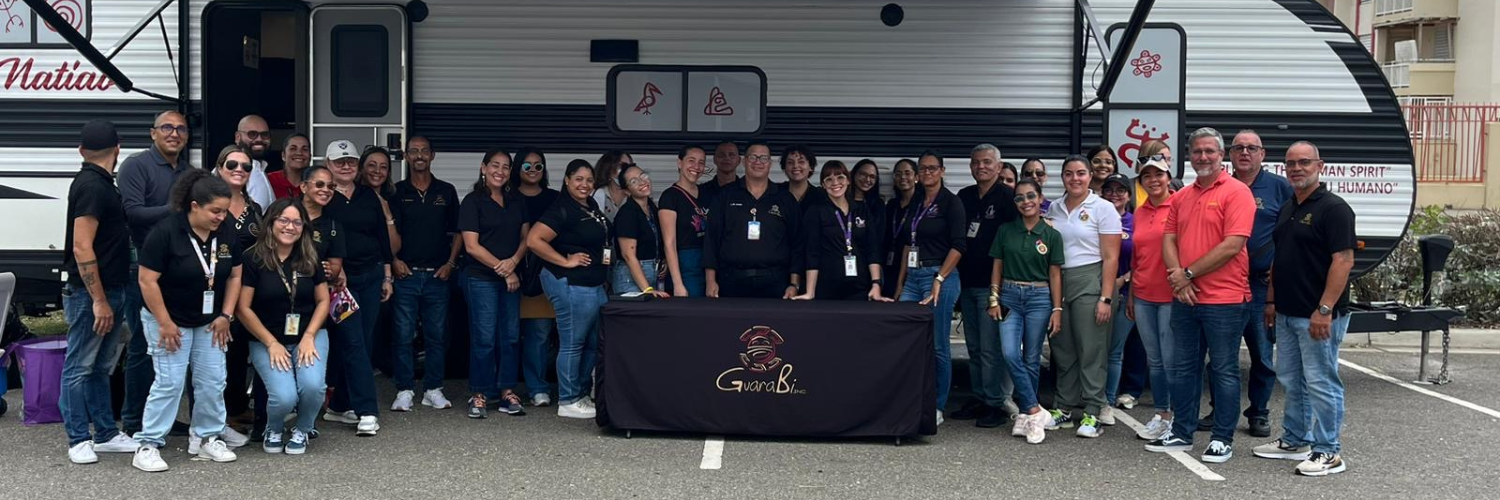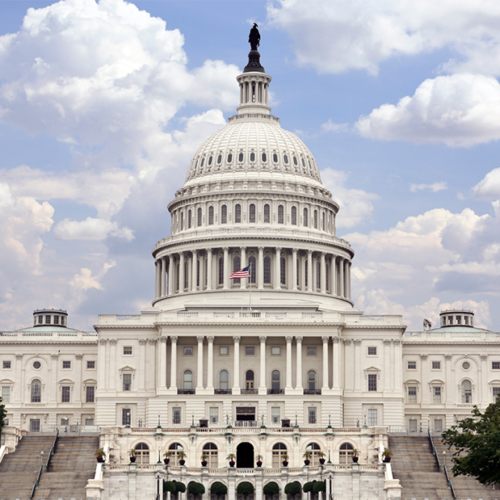
Guara Bí’s Holistic Approach to Addiction Recovery and Overdose Prevention
The opioid crisis remains a significant public health challenge in the United States, with over 100,000 overdose deaths reported in 2023 alone, the majority of which were related to opioids. People with opioid use disorder are particularly vulnerable after release from jail or prison. Barriers to medical care, housing, employment, and community reintegration can lead to high rates of relapse and overdose, making comprehensive support systems crucial for successful reentry.
To address these needs, Guara Bí, Inc., in partnership with the Puerto Rico Department of Correction and Rehabilitation (DCR), operates a comprehensive treatment and recovery program for people with opioid use disorder leaving jail or prison. By addressing substance use disorders, co-occurring mental illness, and the health-related social needs of participants, Guara Bí ensures that people receive the comprehensive care necessary for a successful transition back into the community. The program is funded by the Bureau of Justice Assistance’s FY 2021 Second Chance Act: Adult Reentry Education, Employment, Treatment and Recovery Program and receives technical assistance from The Council of State Governments (CSG) Justice Center.
Comprehensive Medication-Assisted Treatment and Overdose Prevention
Guara Bí’s holistic approach to addiction recovery and overdose prevention includes medication-assisted treatment (MAT), peer support services, therapeutic services, education and employment support, legal assistance, and collaborative comprehensive case planning. In addition, Guara Bí is among the few agencies in Puerto Rico to provide permanent supportive housing for people in reentry. People who are pregnant or parenting also receive additional services through their family support program.
The agency utilizes FDA-approved medications including methadone, buprenorphine, naltrexone, and suboxone to help manage withdrawal symptoms, reduce cravings, and prevent relapse. The choice of medication is tailored to the individual’s needs and preferences. This is complemented by psychoeducation and appropriate medication management to address both the physical and psychological aspects of addiction.
This comprehensive approach acknowledges the complex challenges faced by people with opioid use disorder and strives to support their recovery by addressing their health needs alongside their health-related social needs. The program’s multidisciplinary team includes a dedicated MAT physician, a clinical psychologist, addiction counselors, social workers, and peer support specialists, who each play a different role in a participant’s recovery. For example, the clinical psychologist supports participants in developing individualized relapse prevention plans, while integrated peer specialists offer another layer of care in overdose prevention. Weekly case conferencing and robust collaboration among the team members enhance the quality of care and address the complex challenges of addiction recovery.
Interagency Collaboration
Guara Bí is notable for proactively engaging wardens and correctional staff, as well as cultivating strategic partnerships with a range of social service agencies and community-based organizations across Puerto Rico. Key partners include the Puerto Rico Mental Health and Anti-Addiction Services Administration, One Stop Career Center of Puerto Rico, Prison Fellowship International, the Association of Ex-Addicts and Ex-Convicts Rehabilitated, and PathStone.
Key to Guara Bí’s success is its commitment to maintaining open lines of communication with each of these stakeholders. The agency meets with partners on a bimonthly basis in addition to sending out monthly reports. Guara Bí’s collaboration with the Puerto Rico DCR is particularly impressive. By joining together to address shared reentry challenges, both agencies are able to leverage federal and local funding to maximize their impact. Regular meetings between Guara Bí and the DCR help to assess progress, identify areas of improvement, and coordinate efforts in response to the needs of the reentry population. Information sharing, including data on program outcomes and challenges, strengthens this process.
Programmatic Outcomes and Impact
Guara Bí’s efforts make a real difference in the lives of people returning to the community after incarceration. Their partnership with the WestCare Foundation evaluation team allows them to measure the impact of the program’s work and highlights the ways in which reentry programs can significantly improve outcomes:
- 87 percent of participants remained out of the criminal justice system 12 months after release
- 85 percent showed a reduced risk of reoffending
- 93 percent maintained stable housing at discharge
- 93 percent maintained stable employment at discharge
- 100 percent of participants identified as needing mental health treatment showed improved symptoms at discharge
- 100 percent successfully completed their individualized treatment plans
By maintaining a close partnership with their external evaluator, WestCare Foundation, Guara Bí is able to ensure that services remain effective and responsive to participants’ needs. These outcomes ultimately reflect the power of a holistic, evidence-based approach to reentry and demonstrate how strategic support can break the cycle of incarceration.
Takeaways
Guara Bí’s holistic approach to addiction recovery and overdose prevention offers insights into how communities across the United States can address the opioid crisis more effectively. By integrating MAT with comprehensive supportive services—from mental health care and housing to employment and peer support—Guara Bí tackles the complex challenges faced by people with opioid use disorder returning to the community from jail or prison. The program’s emphasis on interagency collaboration and stakeholder engagement serves as a model for how local, state, and federal entities can work together to maximize resources and improve outcomes.
As the opioid crisis continues to devastate communities nationwide, Guara Bí’s program underscores the urgent need for a coordinated, multifaceted response that addresses not only the health care needs but also the health-related social needs of people reentering their communities. Such approaches have the potential to make significant strides in curbing the opioid crisis and ultimately fostering healthier, more resilient communities across the country.
This project was supported by Grant No. 15PBJA-21-GG-04045-SCAX awarded by the Bureau of Justice Assistance. The Bureau of Justice Assistance is a component of the Office of Justice Programs, which also includes the Bureau of Justice Statistics, the National Institute of Justice, the Office of Juvenile Justice and Delinquency Prevention, the Office for Victims of Crime, and Office of Sex Offender Sentencing, Monitoring, Apprehending, Registering, and Tracking. Points of view or opinions in this document are those of the author and do not necessarily represent the official position or policies of the U.S. Department of Justice.
Photo credit: Photo courtesy of Guara Bí
Authors

The Council of State Governments (CSG) Justice Center has launched the Collaborating for Youth and Public Safety Initiative…
Read MoreA bipartisan group of 88 lawmakers, led by Representatives Carol Miller (R-WV) and Danny Davis (D-IL), wrote a…
Read More Six States Commit to Improving Statewide Strategies to Address Youth Crime, Violence and Behavioral Health
Six States Commit to Improving Statewide Strategies to Address Youth Crime, Violence and Behavioral Health
The Council of State Governments (CSG) Justice Center has launched the Collaborating…
Read More Bipartisan Group of 88 Lawmakers Push for Continued Funding for Reentry and Recidivism Programs
Bipartisan Group of 88 Lawmakers Push for Continued Funding for Reentry and Recidivism Programs
A bipartisan group of 88 lawmakers, led by Representatives Carol Miller (R-WV)…
Read More









